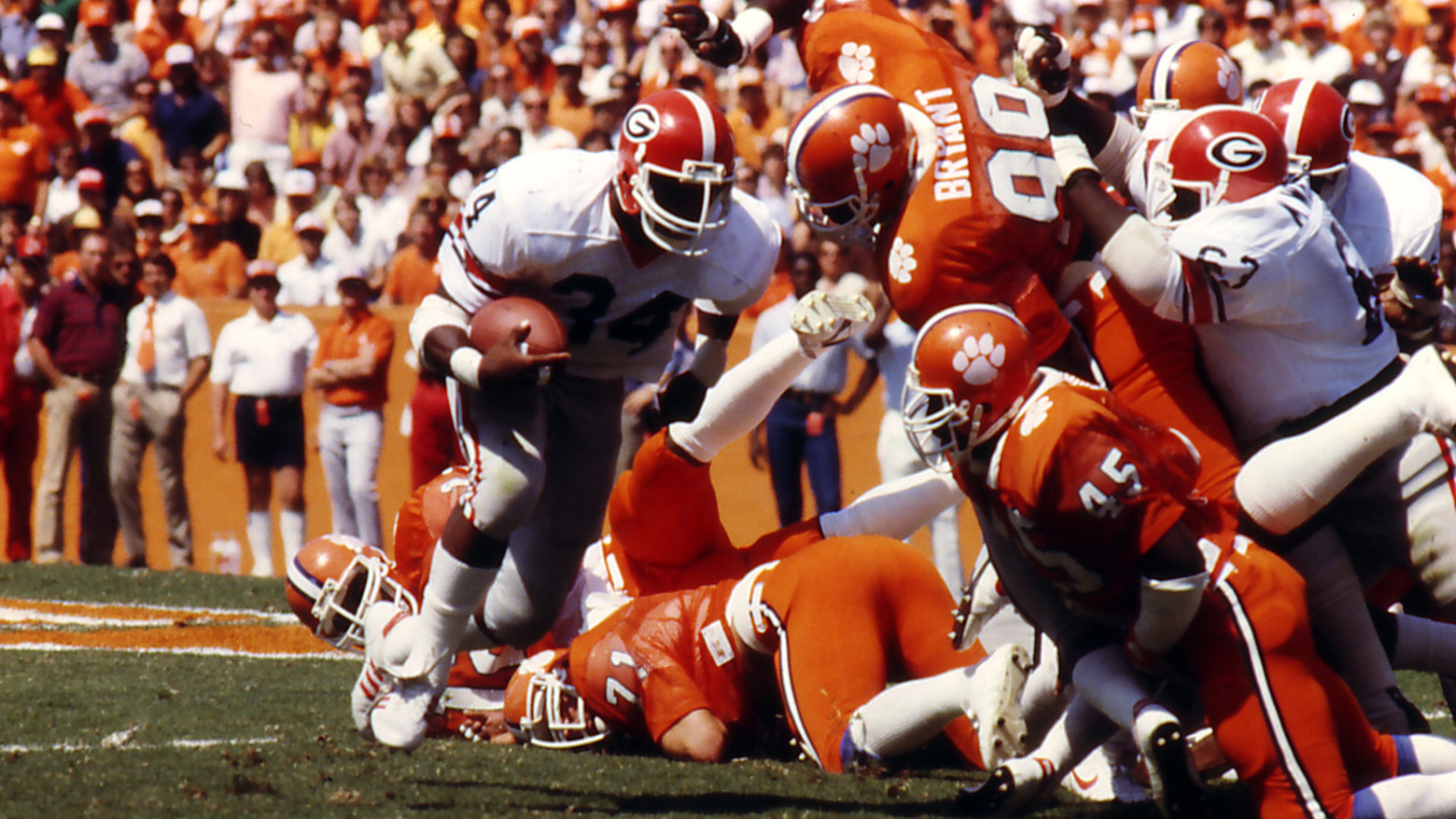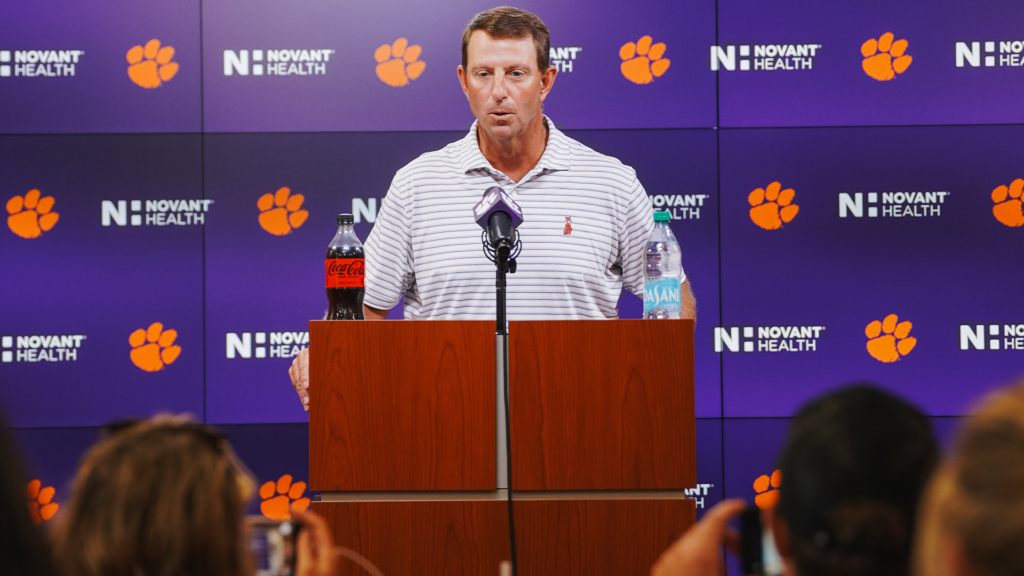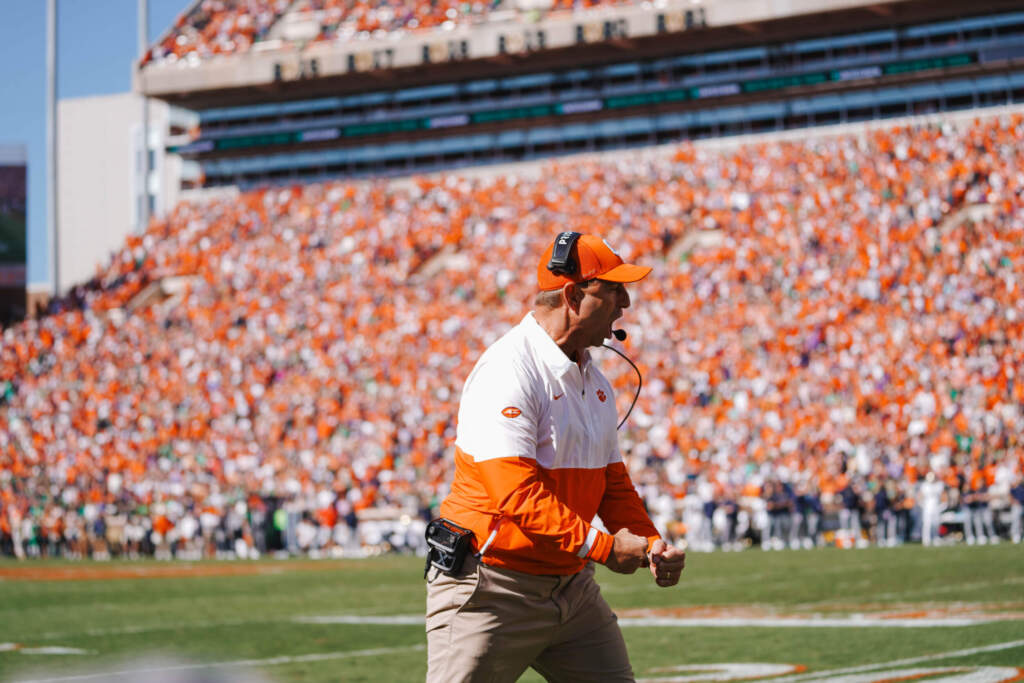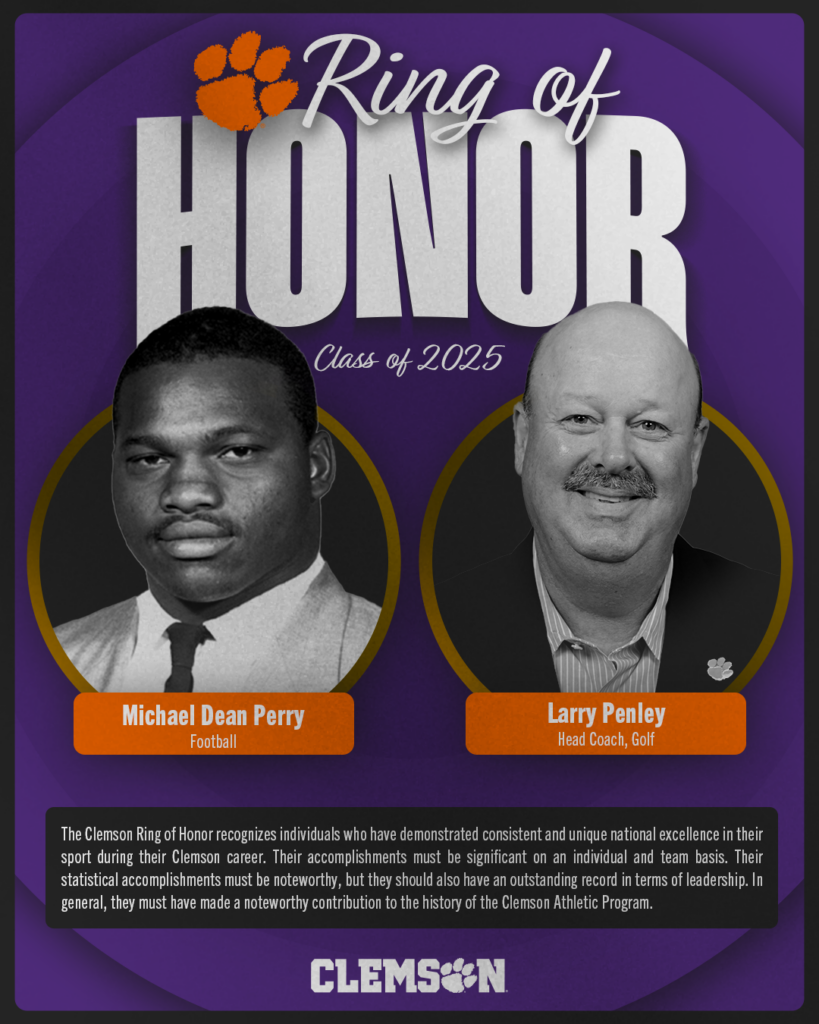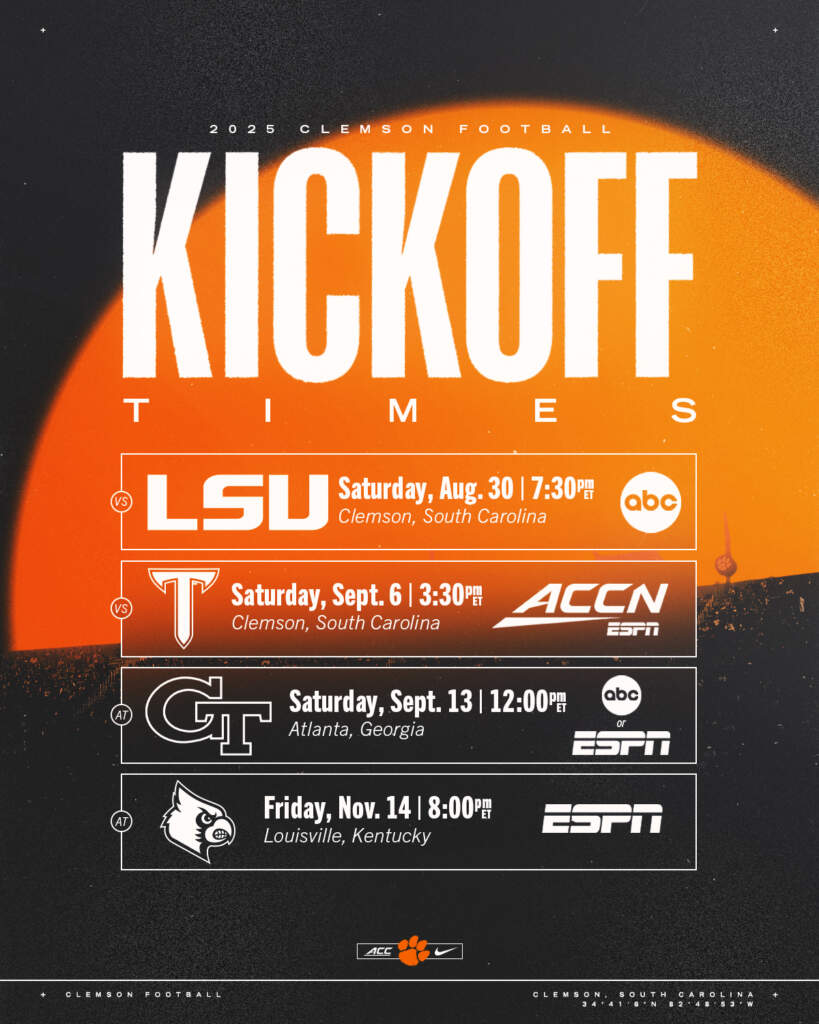By James Brunson The Clemson-Georgia rivalry began in Athens, GA on October 9, 1897, and tonight’s meeting will mark the 63rd time the two schools square off on the gridiron. Other than South Carolina, the Tigers have not played any current, non-ACC school more often than they have played Georgia. The Bulldogs lead the all-time series 41-17-4. The following takes a look back at some of the more memorable moments from the 62-game series.Fair Game(s) From 1907-13, Clemson and Georgia played in Augusta, GA each year in early November as part of the Georgia-Carolina Fair. The 1909 meeting fell on Wednesday, November 10 and represented the second leg of one of the more amazing achievements in Clemson football history, as the Tigers won three games by shutout in three different cities in a 10-day span.
Clemson began its march by meeting South Carolina in Columbia on Thursday, November 4 as part of the South Carolina State Fair. The hype for that game may have matched the anticipation for tonight’s top-10 showdown, as it marked the resumption of the Clemson-South Carolina rivalry, which had been put on hold for six years after a riot among the two student bodies took place following the 1902 game. The Tigers prevailed 6-0 on the strength of a three-yard touchdown run by fullback C.M. Robbs late in the first half and an extra point by W.M. White (touchdowns were worth five points in 1909).
Six days later, Clemson crossed the border to face the Bulldogs in a 3:00 PM contest. The Augusta Chronicle reported that the crowds of 10,000-15,000 were the largest in the four-year history of the Georgia-Carolina Fair and that 2,000 highly-enthusiastic fans attended the game.
Clemson quarterback E.H. Pinkney was the star, as he piled up several long runs and completed a 30-yard touchdown pass (the forward pass had just become legal in 1906) in the middle of the first half. The Tigers missed the point-after try and led 5-0.
Clemson threatened with a trip to the Bulldog 15 late in the second half, but a holding penalty took the Tigers out of scoring position. The Clemson defense continued its stingy ways, however, and the Tigers held on for a 5-0 win, earning their second shutout in six days.
From Augusta, Clemson traveled to Charleston to take on fellow Palmetto State, all-male military school The Citadel in a traditional Saturday contest at Hampton Park. After a sluggish, scoreless first half, Clemson pulled away with three second-half touchdowns and two PATs for a 17-0 victory.
It is interesting to note that all three teams that Clemson shut out in that 10-day stretch are on the Tigers’ schedule this year.
Star Wars Clemson and Georgia were mirror programs in many ways in the late 1970s and early 1980s, and those commonalities produced two titanic showdowns between the rivals in 1981 and 1982.
Georgia suffered through a disappointing 6-5 season in 1979 that included an 0-3 record against ACC teams, a loss at Clemson and home losses to Wake Forest and Virginia. The Bulldogs were in need of a star and they found one in tailback Herschel Walker. He signed with Georgia after a heated recruiting battle with Clemson and made an immediate impact by leading the Bulldogs to a 12-0 record and the 1980 National Championship.
Like the Bulldogs in 1979, Clemson experienced its own 6-5 lackluster season in 1980. The Tigers had a roster full of good players, but seemingly could not shake an early-season loss at Georgia in which they believed they outplayed the Bulldogs (plays in the first half were Clemson 56, Georgia 10), but came up short.
Like Georgia the year before, Clemson needed a star to help it get over the hump, and that Tiger came in the form of William “The Refrigerator” Perry, the mammoth (6’2″, 315 pounds) defensive tackle from Aiken, SC who signed with the program in the spring of 1981. Perry’s arrival set the stage for two of the biggest games in the history of this rivalry.
Walker and his teammates showed up at Death Valley on the third Saturday of the 1981 season toting the nation’s longest winning streak (15 games) and a #4 national ranking. Clemson was 2-0, but unranked. Perry teamed up with the rest of his defensive linemates to dominate the game from start to finish.
Walker was held to his lowest rushing total of the 1981 season (111 yards on 28 carries), fumbled three times (lost two), and never crossed Clemson’s goal line (in fact, Walker never scored in three games against the Tigers). One of Walker’s fumbles was recovered by Perry at the Georgia 34 late in the first half and set up a 39-yard Donald Igwebuike field goal and a 10-0 Tiger halftime lead.
Georgia cut the lead to 10-3 on its first possession of the third quarter, but Clemson stuffed Walker on third-and-two plays on consecutive series, forcing punts and turning momentum back in Clemson’s favor.
The Tigers tacked on an early fourth-quarter field goal and the secondary closed out the game with its third, fourth, and fifth interceptions of the day against quarterback Buck Belue. Clemson forced nine turnovers that day, still the most in a game in school history. It was also the only regular-season loss of Walker’s three-year Georgia career.
Clemson’s 13-3 win sparked a 12-0 season and its first national title in any sport. Georgia won the rest of its regular-season games, but fell late to Pittsburgh in the Sugar Bowl and finished #6 in the AP poll.
With the winners of the two previous national titles scheduled to square off on September 18, 1982 in Athens, ABC called an audible in April and requested that the game be played at 9:00 PM on Labor Day night. Clemson and Georgia, with the cooperation of Boston College and Brigham Young, respectively, managed to rearrange their schedules on short notice. The Georgia athletic department added lights to Sanford Stadium (at a cost of $1,000,000) so the #7 Bulldogs could host #11 Clemson on national television in Georgia’s first home night game since 1951.
The game that the college football world spent the entire summer waiting on lived up to the hype in the form of a slugfest. Perry recovered a John Lastinger fumble early in the game at the Georgia 11 to set up a six-yard Homer Jordan touchdown run three plays later that gave Clemson a 7-0 lead. It would be the only offensive touchdown of the game.
Early in the second quarter, Dale Carver blocked a Dale Hatcher punt and Stan Dooley recovered at the two and fell into the endzone for Georgia’s only touchdown of the night and a 7-7 tie. Kevin Butler added two field goals, one just before halftime and the other in the third quarter. The Bulldog defense repeatedly turned Clemson over during the rest of the game in securing a hard-fought 13-7 win. Walker was limited with a broken thumb and finished with a career-low 20 yards on 11 carries.
Georgia won its remaining 10 regular-season games, but came up short in the Sugar Bowl against Penn State and finished #4 in the polls. Clemson tied Doug Flutie and Boston College in its next game, then won the remaining nine games for a 9-1-1 final record and a #8 final AP ranking.Over When It’s Over? Country music star Eric Church won the 2012 CMA Album-of-the-Year for his album, “Chief.” One of the tracks on that album, “Over When It’s Over,” describes, as you might imagine since it is country music, the utter finality of a relationship ending, and asks in the chorus, “It’s over when it’s over, ain’t it baby, ain’t it?”
In addition to sounding like a Yogi Berra quote, that song also comes to mind when discussing several wild endings of Clemson-Georgia battles during the height of this rivalry (1977-87). The contests in 1983, 1984, 1986, and 1987 left many associated with the games uncertain as to whether or not the games were actually over.
The Bulldogs traveled to #8 Clemson in mid-September of 1983 and were greeted by 82,122 fans, a then-record crowd for a football game in the state of South Carolina. As was typical of Georgia-Clemson games around that time, a seesaw affair broke out.
Georgia went up 6-0 early on two field goals, only to see Clemson storm back with 16 unanswered points and a 16-6 lead in the middle of the third quarter. Georgia backup quarterback Todd Williams then sparked the Bulldogs to a touchdown and a field goal, and the game was tied late.
With seven seconds left and following a Clemson incompletion, Head Coach Danny Ford sent Donald Igwebuike on to attempt a wind-aided, 68-yard field goal. The kick seemingly had the distance, but was just left of the uprights. One would think that a 68-yard field-goal attempt would exhaust the seven seconds that remained on the clock when the play began.
But on that day in 1983, one second remained in the game and Head Coach Vince Dooley sent Butler out for a 66-yard attempt with the wind in his face. Butler’s kick fell short and the game finally ended in a 16-16 tie. It is believed to be the only college football game that has ended with consecutive field-goal attempts.
The following season in Athens saw another back-and-forth game. Clemson, ranked #2 in the nation, led by two touchdowns at halftime, but Georgia rallied to tie the score (23-23) in the fourth quarter. Butler then kicked his well-known, monstrous 60-yard field goal to give Georgia a 26-23 lead with 11 seconds remaining.
Everyone remembers that kick, but many do not remember Clemson almost earned a chance to tie the game. Ray Williams fielded the ensuing kickoff and tossed a lateral to fellow return-man Terrance Roulhac, who raced to the Bulldog 37, stepped out of bounds, and was shoved to the ground, drawing a 15-yard, personal-foul penalty. A 15-yard penalty would have set Clemson up at the Georgia 22 for one untimed down and a chance for a 39-yard Igwebuike field goal.
Igwebuike had already made three field goals on the day and finished the 1984 season 16-17 on field goals for a national-leading 94.1 percentage. The officials huddled on the sidelines and decided that Roulhac stepped out of bounds after time expired, and therefore the game had ended before the dead-ball penalty occurred. Today, if you take a stopwatch to that play, it took 9.5 seconds before Roulhac was pushed out of bounds. Instant replay was not available in 1984.
Following a Georgia win at Clemson in 1985, the two teams met as top-20 teams in Athens in 1986. This game was close like all the others, but it was high scoring. Clemson made many big plays behind Terrence Flagler, who was in the early stages of an All-America season. Rodney Williams had one of his better days throwing the ball, while Athens-native Norman Haynes led the defense with 14 tackles.
In the end, Clemson had the ball last and Williams made some key plays with Flagler, setting up David Treadwell for a 46-yard field goal. His game-winning attempt was true, the longest field goal of his career, and the Tigers had a 31-28 victory.
Two top-20 teams faced off again the next year in 1987 at Clemson. Typical of the rivlary, craziness ensued. Georgia led another back-and-forth game by a score of 20-16 in the middle of the fourth quarter. However, a skilled punt by Rusty Seyle and coverage by Chinedu Ohan set up a momentum-changing safety by James Lott and others with 5:38 remaining in the game to cut the lead to 20-18.
The Tigers received the ensuing kickoff and marched methodically down the field behind the running of Terry Allen with nine consecutive running plays to set up another game-winning field goal by Treadwell, this one from 21 yards.
The difference in this field-goal attempt and the game-winner in 1986 was that the clock was running and Clemson was out of timeouts. Georgia had one, but chose not to “ice” Treadwell, so the senior All-American had to hustle onto the field to get the field goal off before time expired. Treadwell nailed the kick, but two seconds remained on the clock.
Thinking the game was over, many Tiger players streamed onto the field to celebrate the 21-20 win. Ford instantly realized his team’s error and sprinted onto the field, waving his orange “Block C” ballcap at them to try to hustle them back to the sidelines and avoid a penalty.
His efforts were futile and Clemson was hit with a 15-yard celebration penalty and had to kick off deep in its own territory. The Tigers had given up a kickoff return for touchdown the week before at Virginia Tech, but Georgia had no such luck, as two Clemson defenders leveled the return man at midfield to end the game.
Will tonight’s game rival some of those close contests of the 1980s? A look to the rosters tells us this “border war” could be another classic.
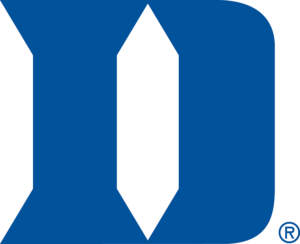 Duke
Duke 
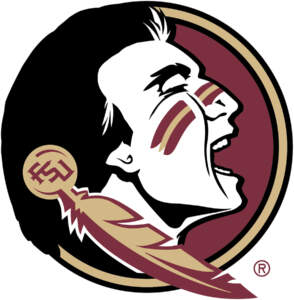 Florida State
Florida State 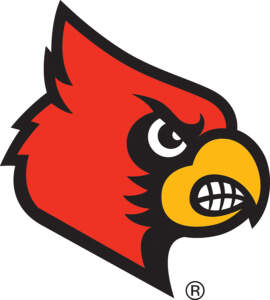 Louisville
Louisville 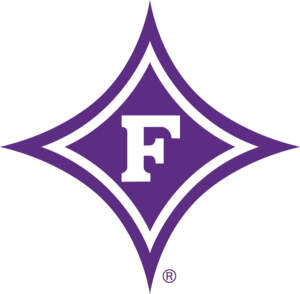 Furman
Furman 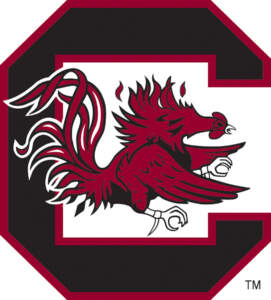 South Carolina
South Carolina  LSU
LSU 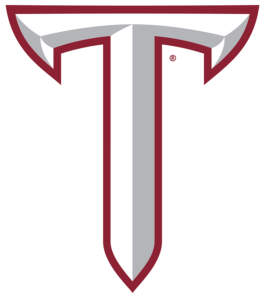 Troy
Troy 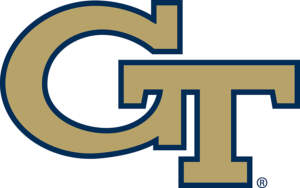 Georgia Tech
Georgia Tech 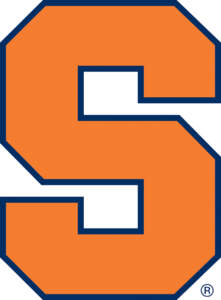 Syracuse
Syracuse 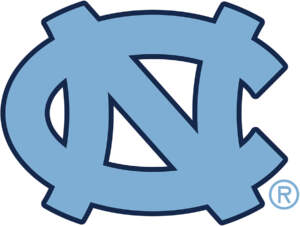 North Carolina
North Carolina 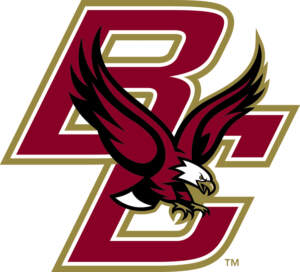 Boston College
Boston College 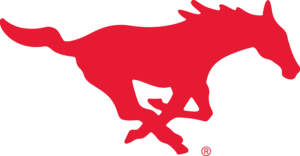 SMU
SMU 


